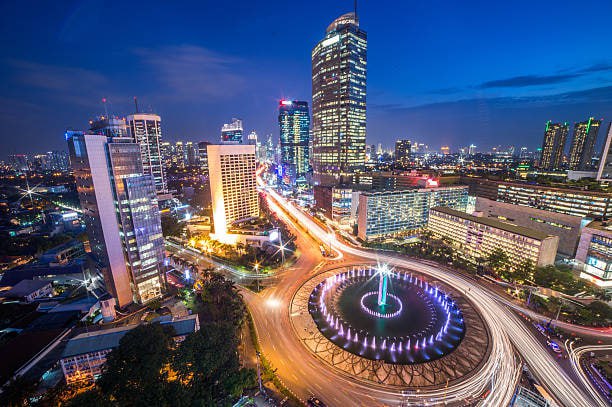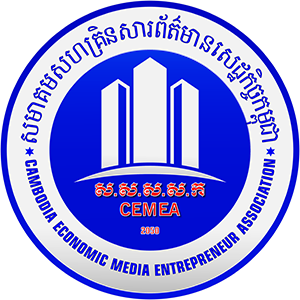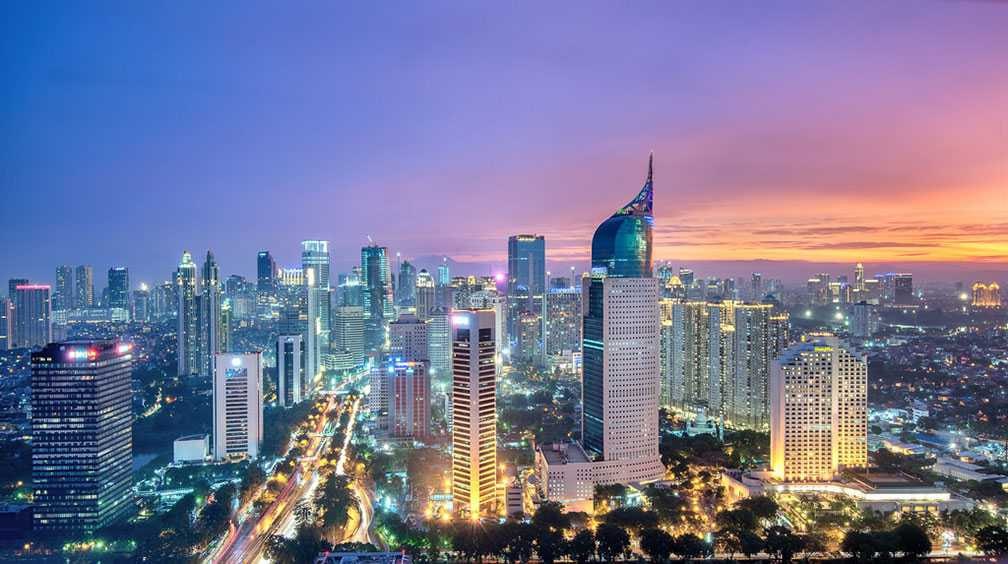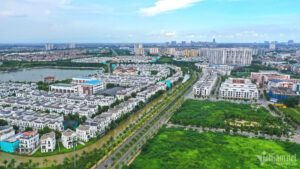JAKARTA: The Jakarta administration is preparing a roadmap to preserve the metropolis’ role as Indonesia’s economic epicentre, even after it loses its capital status.
Jakarta, which marked its 497th birthday on Saturday (Jun 22) and its last one as the national capital, contributes nearly 17 per cent to the Indonesian economy.
The local government hopes the congested and sinking city can maintain or even improve its contribution, but the vision may be hampered by various obstacles, said observers.
Jakarta will officially lose its standing as the capital when the president issues a decree officially naming Nusantara, a US$32 billion megaproject in East Kalimantan, as the new seat of the government.

Outgoing Indonesian President Joko Widodo said: “I could later sign it, or later the president-elect (Prabowo Subianto) of the new government could also sign it.”
Mr Widodo announced the decision to relocate the Indonesian capital from Jakarta in 2019.
On Mar 28, Indonesia’s parliament designated special status for Jakarta so it can still compete with other “world-class cities”. It will remain as the country’s economic hub, and a global centre for trade, services, finance and business.
Currently, a roadmap detailing the city’s long-term development plans for the next 20 years is being designed. The documents are expected to be completed this year.
“We have that vision for Jakarta to be a global city that is progressive, competitive and sustainable,” said Dr Sri Haryati, economics and finance assistant for the regional secretariat of the Jakarta provincial government.
“(Sustainability) is important because we are talking about issues related to the environment, climate change and so on. So, sustainability is something that Jakarta really cares about,” she added.
“We are concerned about how the human resources in Jakarta are of good quality, productive and prosperous. Jakarta’s economy should not only thrive but also be inclusive, globally competitive and sustainable.”
Source : CNA




